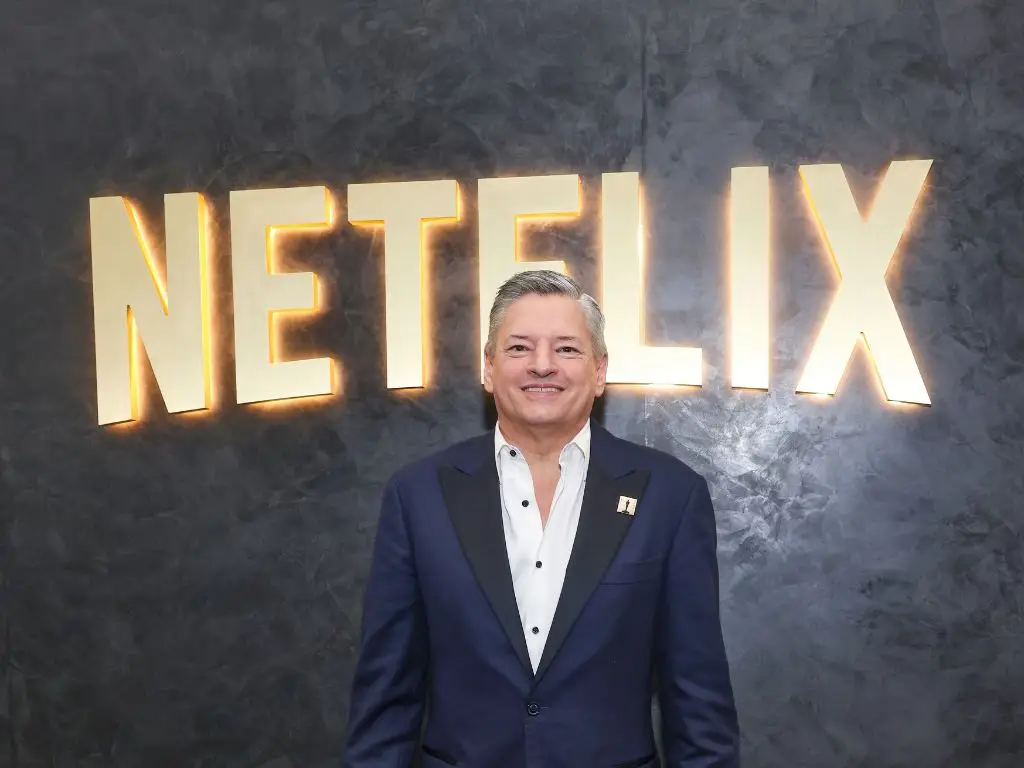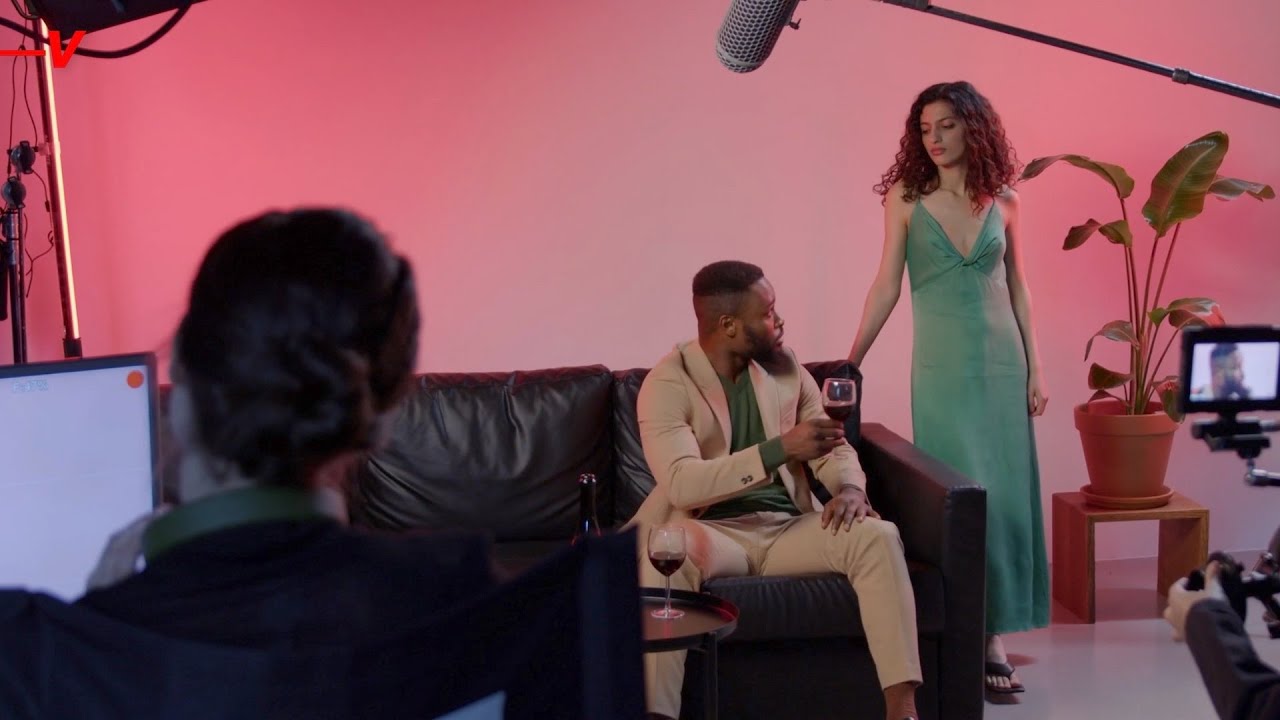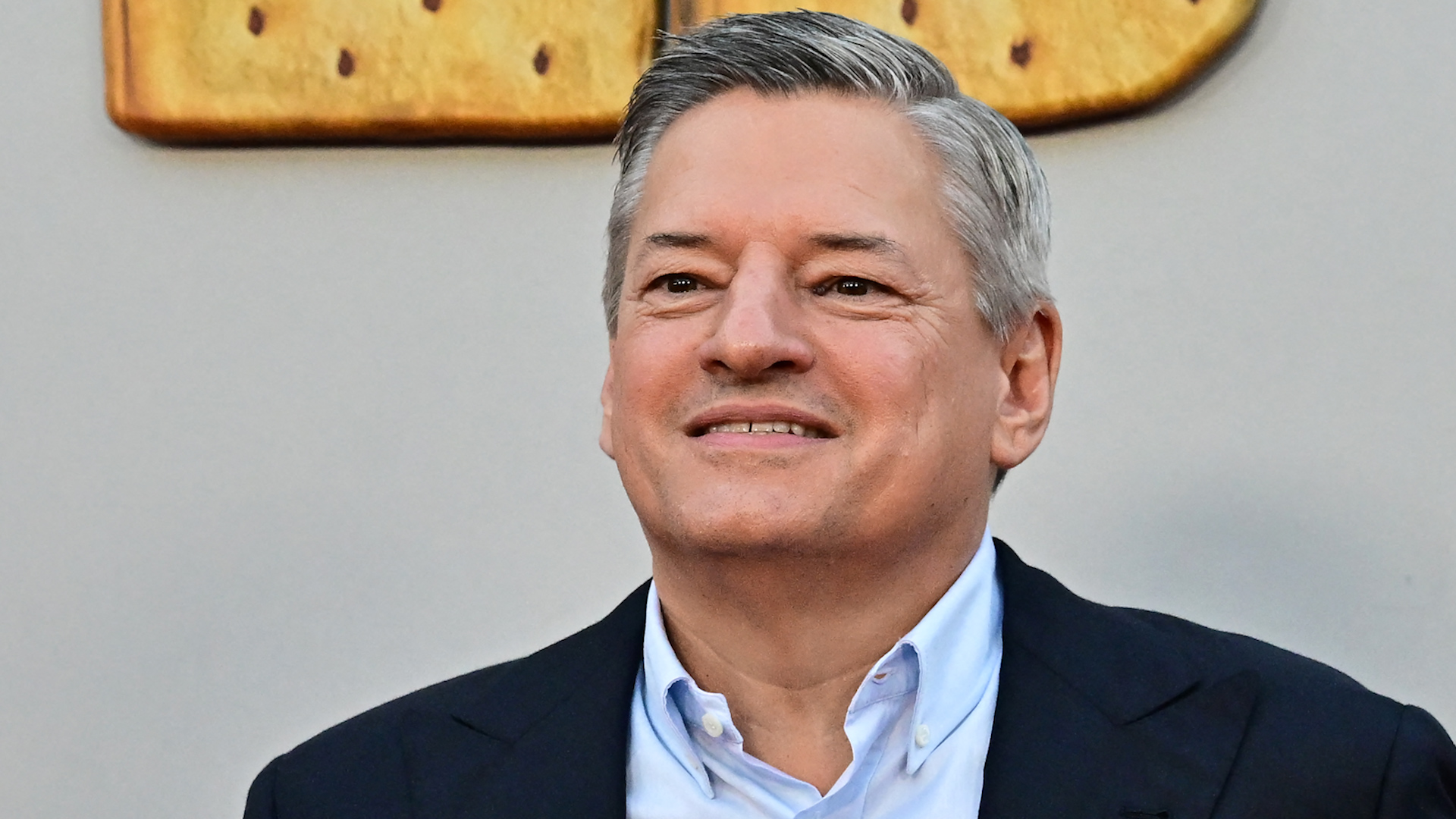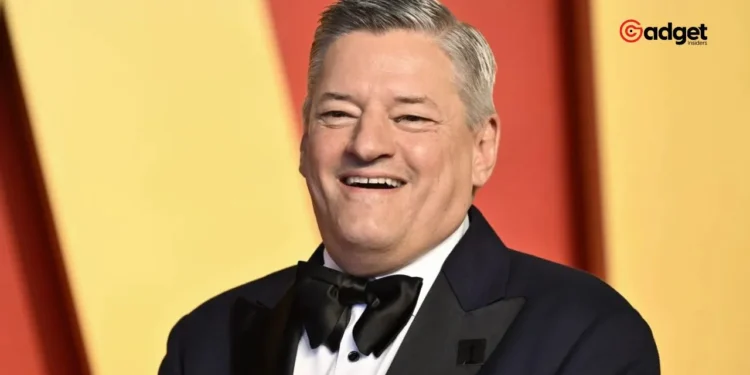In a recent enlightening interview with The New York Times, Ted Sarandos, co-chief executive officer of Netflix, shared his optimistic perspective on the intersection of artificial intelligence (AI) and the entertainment industry. Addressing the widespread concerns regarding AI’s potential to supplant human creators, Sarandos confidently dispelled fears that AI would replace content creators or take over their jobs.

The Role of AI in Enhancing Creativity
Netflix CEO Ted Sarandos emphasized the augmentative role of AI in the creative process, stating, “I don’t believe that an AI program is going to write a better screenplay than a great writer, or is going to replace a great performance, or that we won’t be able to tell the difference. AI is not going to take your job.” His assurance reflects a deep faith in human creativity and the unique capabilities that individuals bring to the table, which AI is unlikely to replicate.
However, he did highlight a crucial adaptation for the workforce: “The person who uses AI well might take your job.” This statement underscores the evolving landscape of the creative industries, where leveraging AI effectively could become a significant competitive edge.
AI’s Impact on the Entertainment Industry: Netflix Co-CEO Dismisses Job Replacement Fears. Join the #AINews revolution. #TruthSeekers #NewsGPT #ShareTheTruth pic.twitter.com/BbPAqXfrf8
— NewsGPT.AI – the unhuman truth by AI (@NewsGPT_AI) May 29, 2024
AI as a Tool for Innovation
Exploring the potential applications of AI in creativity, Sarandos illustrated AI’s role as a natural progression in technology, enhancing the capabilities of writers, directors, and editors. He envisions AI not as a replacement but as a powerful tool that can “do things more efficiently and more effectively.”
Sarandos also shared his hope that AI can expand the boundaries of what can be produced, fostering the creation of new content types that were previously unimaginable. He drew an analogy to the transformative shift from hand-drawn to computer-generated animation, which not only revolutionized the animation industry but also significantly increased employment opportunities within the field.

Historical Resistance and Technological Advancement
Reflecting on the historical resistance to new technologies in entertainment, such as the initial pushback against home video, Sarandos pointed out that each technological advancement, while initially resisted, ultimately contributed to the growth of the industry. “So every advancement in technology in entertainment has been fought and then ultimately has turned out to grow the business. I don’t know that this would be any different,” he remarked.
This historical perspective provides a reassuring context for the ongoing debates around AI in entertainment, suggesting that like past innovations, AI will likely lead to expansion and new opportunities rather than the displacement of creative professionals.

Netflix CEO: AI and Human Creativity Will Coexist
Ted Sarandos’ comments paint a future where AI and human creativity coexist, each enhancing the other. As the entertainment industry continues to evolve with technological advancements, the focus remains on how best to integrate these tools to enrich the creative process and broaden the scope of what can be produced. Rather than viewing AI as a threat, it can be seen as a catalyst for growth and innovation in the ever-dynamic landscape of entertainment.










